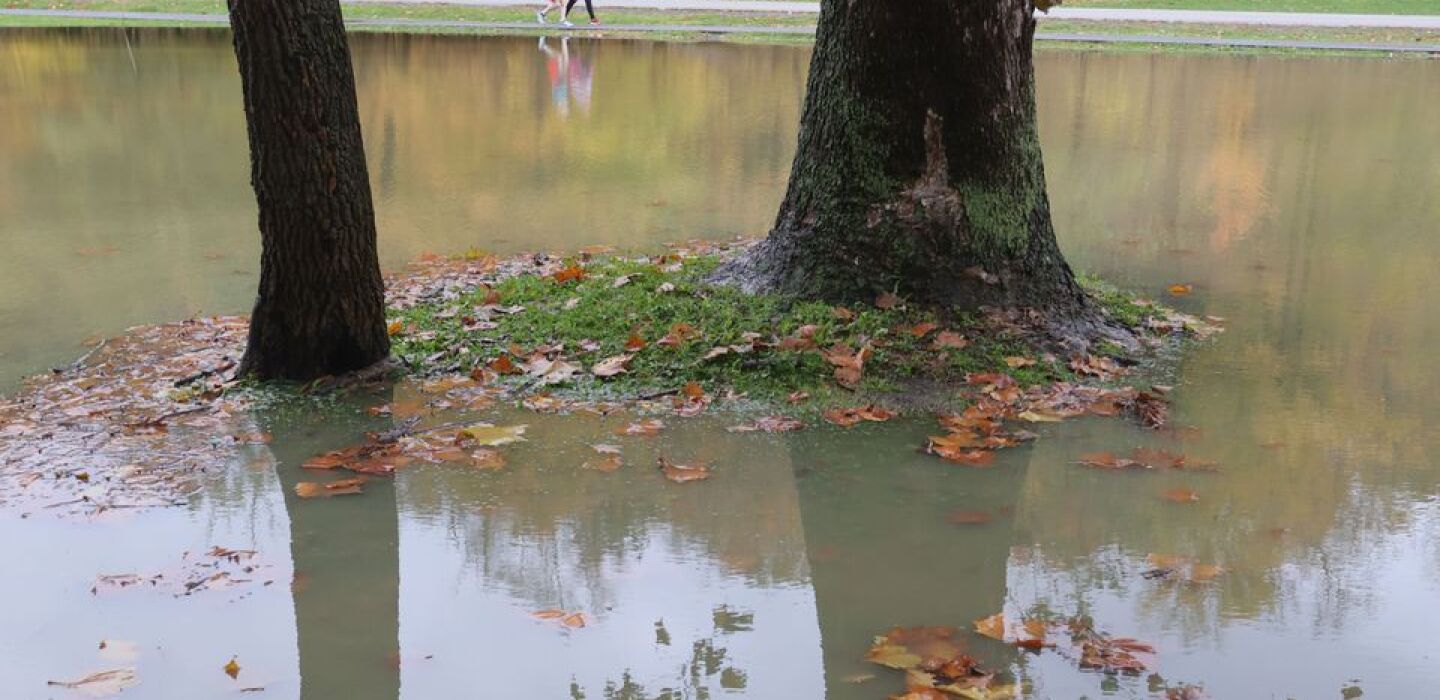
NWS Urges ‘Turn Around, Don’t Drown’ Philosophy at Event
The National Weather Service (NWS) emphasized its “turn around, don’t drown” philosophy at a training event this week in Frederick Md., where attendees learned how different types of floods occur and how to forecast them.
The Skywarn Storm Spotter program from NWS trains volunteers nationwide to be spotters during weather events, including thunderstorms, tornadoes and lightning. Spotters provide critical weather information that the NWS uses to develop forecasts and warnings.
The Skywarn Flood event at the Frederick County Public Safety Training Facility attracted young people interested in learning more about meteorology, as well as amateur radio operators and local hydrologists, who know the area is “overdue” for a big one.
“Flooding is getting worse. It might not happen as often, but when it does, it’s really bad,” Jeremy Geiger, senior service hydrologist with the NWS’ Baltimore/Washington forecast office, told the Frederick News-Post. Geiger’s office serves more than 10 million people in the area. “The last time we had a major flood in the Potomac was in 1996, so we’re way overdue,” he said.
It was Geiger who emphasized the NWS’ “turn around, don’t drown” philosophy to attendees. He explained that if a person encounters a flood in a vehicle, the best course of action is to avoid it because just a few inches of water can pick up a car or person. That can lead to drowning.
Russ Main is a local resident and also an amateur radio operator. Amateur radio operators are eager to help in emergencies and help report information about floods and other severe weather if phone lines are down. Main said it was important to understand hydrology and flooding.
“We wanted to try to help out and their goal was to try to save lives and property, so that’s kind of why I got involved,” he said.
Riddhi Sadhanala is a junior at a local high school and attended the event because she is an aspiring meteorologist and has an interest in volunteering as a weather spotter, providing information about local floods to the NWS.
“I want to use this opportunity to become certified and able to take action whenever a severe weather event occurs, just like they’re training us to do here, but also to have this general knowledge they’re providing us to apply to higher education,” she told the News-Post.


Average Rating